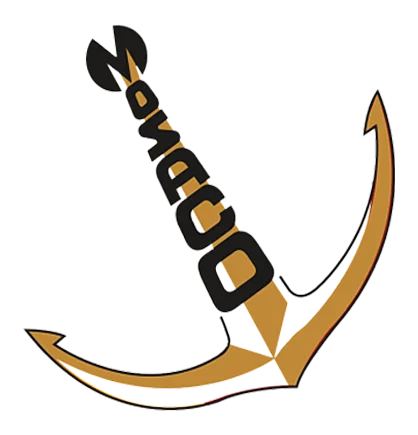The maritime industry stands on the brink of a technological revolution. As one of the oldest forms of global transportation, shipping has historically lagged in adopting new technologies. However, the rise of artificial intelligence (AI), advanced analytics, and enhanced connectivity is ushering in a transformative era that promises to redefine maritime operations.
The Imperative for Digital Transformation
Global trade dynamics are increasingly complex, with growing pressures to reduce emissions, optimize costs, and enhance safety. In this context, digital transformation is no longer a luxury; it’s a necessity. AI and machine learning enable us to process vast amounts of data generated by vessels, ports, and logistics networks, allowing for predictive insights that were once unattainable. By analyzing factors such as weather patterns, ocean currents, and vessel performance, AI can optimize routing decisions to reduce fuel consumption and emissions, benefiting both cost-efficiency and environmental sustainability.
Enhancing Operational Efficiency with AI
One of AI’s most significant advantages is its ability to predict issues before they arise, thereby enhancing operational efficiency. Predictive maintenance, for example, uses real-time data from sensors on critical machinery to monitor performance. AI algorithms analyze this data to identify patterns that could indicate impending failures.
Beyond machinery, AI can also forecast hull fouling by examining data on vessel speed, fuel consumption, water temperature, and biofouling patterns. This predictive capability allows for proactive maintenance scheduling, ensuring vessels operate at peak efficiency and minimizing unnecessary fuel costs. When these AI-driven processes work together, they create a cohesive and efficient maritime operation, much like a well-orchestrated symphony.
Empowering Crews with Real-Time Insights
Digital tools are designed to augment, not replace, the human element. Enhanced connectivity ensures vessels maintain constant contact with shore-based teams, facilitating immediate support and informed decision-making. For instance, if a vessel faces unexpected weather, AI systems can provide real-time recommendations for course adjustments, empowering crews to act swiftly and confidently.
Practical Implementation: A Journey of Continuous Innovation
While the potential of AI is inspiring, achieving it requires practical, incremental steps. At OSM Thome, we have embraced this approach with our AI virtual assistant, Ask OSM Thome. Initially launched for shore teams, we are now rolling it out across our technically managed fleet. This tool has significantly reduced the time spent searching for information, enhancing our operational efficiency. We are continuously adding knowledge sources, aiming to make Ask OSM Thome the most comprehensive AI knowledge management tool for our teams.
Strengthening Safety and Compliance
Safety remains a top priority in maritime operations. AI and digital technologies enhance our ability to monitor safety risks by analyzing historical data on accidents and operational anomalies. Additionally, digital platforms streamline compliance with international regulations by automating reporting processes, reducing administrative burdens and allowing teams to focus on critical tasks.
Advancing Sustainability Goals
As the global push for decarbonization intensifies, AI and digital technologies play a crucial role in our sustainability efforts. By optimizing vessel speed, route planning, and engine performance, we can significantly lower fuel consumption and greenhouse gas emissions. Moreover, transparent data reporting allows us to showcase our environmental performance to stakeholders, aligning with the growing demand for sustainable supply chain practices.
Embracing Continuous Innovation
Despite the challenges of digital transformation—such as cybersecurity risks and integrating new technologies with legacy systems—the importance of continuous, practical implementation cannot be overstated. By deploying AI tools like Ask OSM Thome, we can steadily progress towards our vision while delivering immediate value.
Conclusion: Embracing Change for a Resilient Future
The maritime industry is at a pivotal moment. By embracing AI and digital technologies through continuous, practical innovation, we can redefine shipping and logistics. This transformation requires vision, leadership, and a commitment to investing in new ways of working.
Those who proactively adopt and adapt to these advancements—through consistent, practical implementations—will enhance their competitive position and contribute to a more sustainable and resilient maritime industry. It’s an exciting time to be part of this journey, and I look forward to the innovations and collaborations that will shape our industry’s future.


